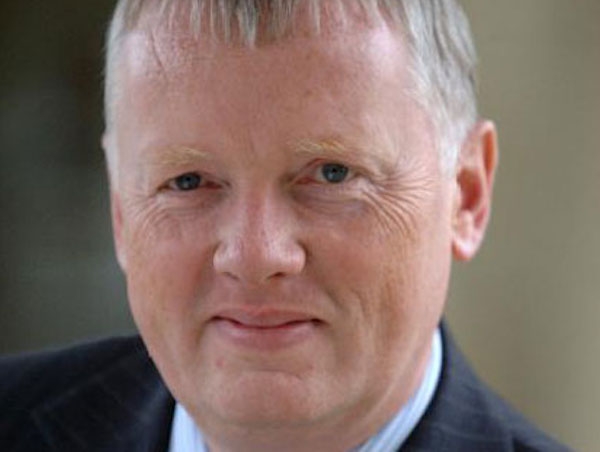More than 3 in 4 consumers have no idea what pension acronyms such as SIPP or ESG mean, according to a new study.
Aegon asked 2,000 adults to write down what key financial acronyms stood for.
SIPP was the most well-known but only 8% - just one in 12 people - were able to identify it as standing for self-Invested personal pension.
Less than one in 10 knew that DC stood for defined contribution or DB stood for defined benefit.
Only one in 50 people – 2% - knew that ESG stood for environmental, social and governance and a similarly low amount identified LTA as lifetime allowance.
Even fewer people could identify acronyms such as GPP, AA, GMP, SPA, MPAA and NMPA.*
Steven Cameron, pensions director at Aegon, said: “The financial services industry is not alone in loving an acronym, but that love isn’t shared by consumers.”
He said the company wanted to test just how big an understanding gulf there was.
He said: “The results were eye opening with three quarters of people not knowing what a single one of the eleven acronyms tested meant.”
He urged the pension industry to take note of the results.
He added: “Providing clear and understandable communication is extremely important when it comes to explaining financial products and services. We shouldn’t underestimate the power of using every-day language as it can make a huge difference between confusing or helping people to better engage with their pension and make informed decisions.”
The report was published to coincide with Pensions Awareness Week. Mr Cameron said: “Pensions can often seem daunting for those who don’t know where to start, so it is important that the industry cuts out confusing acronyms and truly engages with individuals with clear language.”
* Not that Financial Planners need a reminder, but the pensions acronyms that most puzzled consumers were: GPP (group personal pension), AA (annual allowance), GMP (guaranteed minimum pension), SPA (state pension age), MPAA (money purchase annual allowance) and NMPA (normal minimum pension age).
• The Aegon research was conducted by Opinium among 2,000 adults between 29 July and 2 August.

